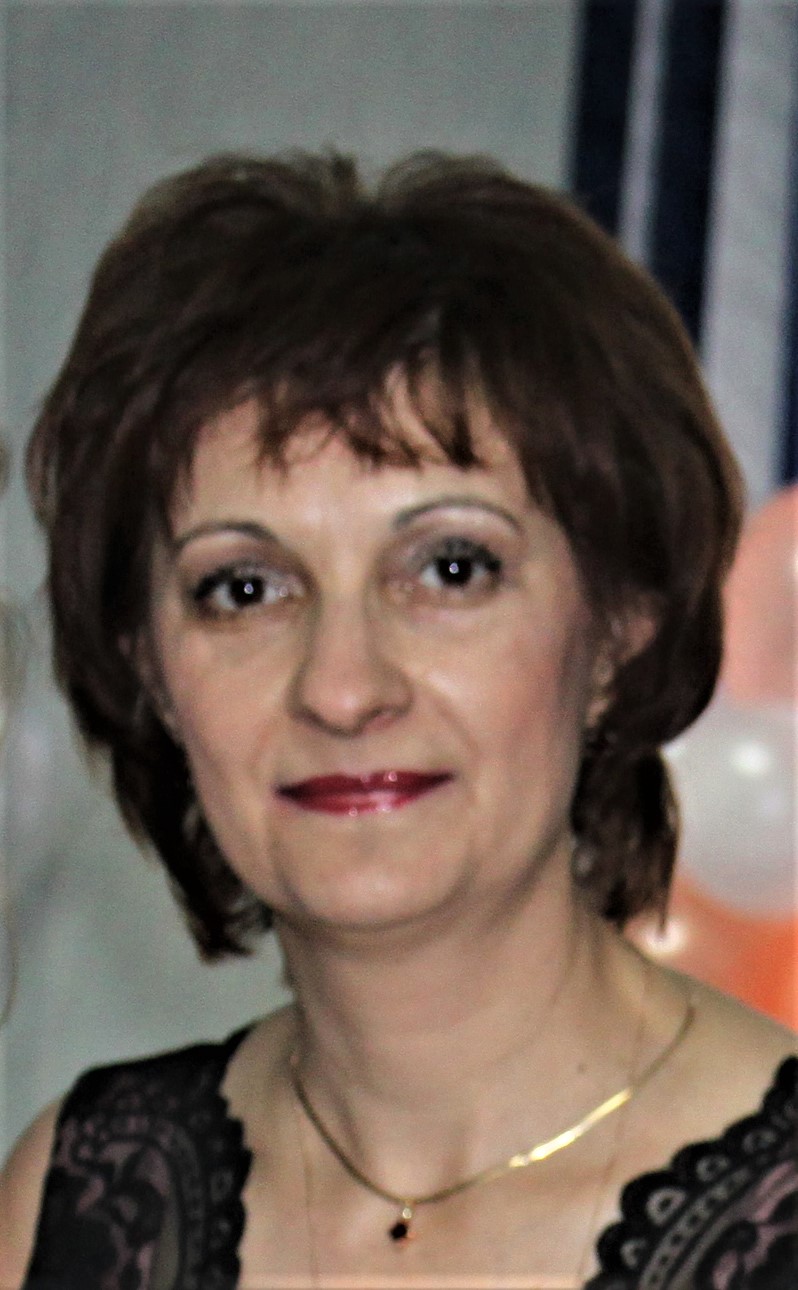This study attempts to distinguish between two sociological categories – confessional religious identity, which have long been considered synonymous, as a single concept in domestic and foreign science. Confessional identity has been studied for a long time in Russian social sciences in close connection with religious identity. The latter was understood as a quality resulting from the identification of the individual with a certain religious doctrine, a certain religious semiosphere. Confessional religious identity is a projection of national, ethnic identity. On the basis of national identity, confessional identity is formed, which becomes the basis for the formation of religious identity. This conclusion is based on the analysis of the values of the inhabitants of Russia, Ukraine, and Belarus, whose population professes Orthodoxy. The discursive environment contributes to the formation of a specific vector of religious identity. Discourse in the research is understood as a system of texts, semantics, and meanings surrounding a particular social phenomenon. Confessional and religious identities are formed by philosophical-theological, mythological, artistic, ideological and political discourses [Makarov, 2003]. On the basis of discursive analysis of ethnic and confessional identity, sociological and semiotic markers of autocephaly of the Orthodox Church of Ukraine are identified and the socio-cultural role of the Greek Catholic Church in the west of Ukraine is analyzed.
Keywords: religious identity, confessional identity, ethnic identity, discourse, rite, cult, ethnophilia
DOI:10.22250/2072-8662.2020.4.108-118
About the author
 |
Igor A. Yurasov – DSc (Social Sciences), Associate Professor, Professor of the Department of Public Administration and Sociology of the Region, |
 |
Olga N. Yurasova – Senior Lecturer at English Language Department, Penza State University; |






